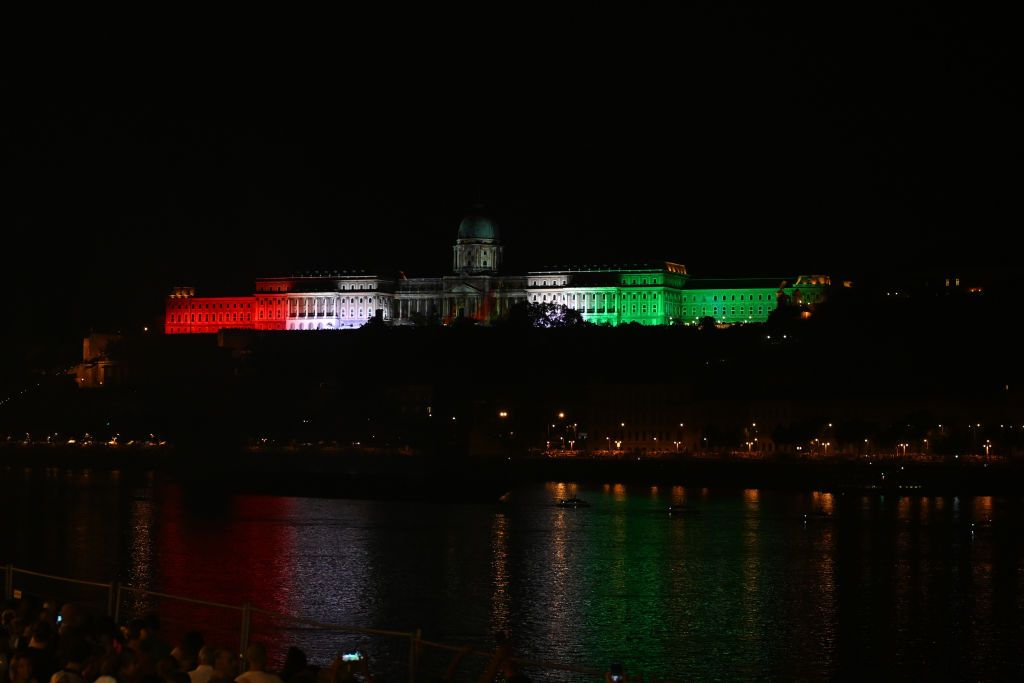Two Ukrainian prisoners of war, part of a group of 11 handed over to Hungary by Russia, revealed in an interview with Deutsche Welle that Hungarian representatives imposed conditions preventing their return to Ukraine until the end of the war. The soldiers, who were previously held captive in Russia without prior notification to Ukraine, were transferred to Hungary under the guise of a operation by the Russian Orthodox Church and the Hungarian Charity Service of the Order of Malta. Despite most of the soldiers not being ethnically Hungarian, they were pressured to claim Hungarian identity to secure their return. Five soldiers managed to acquire documents with the help of Hungary’s Ukrainian Embassy and return to Ukraine, while the whereabouts of the other six remain unknown.
Hungarian Foreign Minister Peter Szijjarto emphasized the importance of ending the Russia-Ukraine war as soon as possible, stating that it is in Hungary’s fundamental interest to initiate peace talks. He expressed concern that the ongoing conflict is bringing the possibility of a third world war closer each day. Szijjarto’s comments reflect Hungary’s stance on the war and the need for diplomatic solutions to bring an end to the violence and instability in the region. The statement highlights the country’s role in advocating for peace and stability in the face of escalating tensions between Russia and Ukraine.
The situation involving Ukrainian prisoners of war in Hungary underscores the challenges faced by individuals caught in the midst of conflicts between nations. The soldiers’ account of being pressured to claim a false ethnic identity in order to secure their return raises concerns about the treatment of war prisoners and the politicization of their plight. The need for greater transparency and adherence to international humanitarian laws in such situations is evident, as individuals should not be subjected to undue influence or mistreatment based on their ethnicity or nationality.
The actions of Hungarian representatives and the involvement of non-state actors in the transfer of Ukrainian prisoners of war raise questions about the boundaries between humanitarian assistance and political interests. The soldiers’ confinement in Budapest and the conditions imposed on their return to Ukraine highlight the complexities of navigating diplomatic relations and the rights of individuals affected by armed conflicts. The need for clear protocols and adherence to legal standards in the treatment of prisoners of war is essential to prevent abuses and ensure the protection of their rights under international law.
As Ukrainian officials work towards organizing the return of the remaining six soldiers held in Hungary, the case serves as a reminder of the ongoing humanitarian crisis in Ukraine and the challenges faced by those directly impacted by the conflict. The efforts to secure the safe return of all prisoners of war demonstrate the importance of international cooperation and diplomatic engagements in resolving disputes and promoting peace in conflict-affected regions. The role of countries like Hungary in supporting the peaceful resolution of conflicts is crucial in mitigating the human cost of wars and fostering stability in the region.


